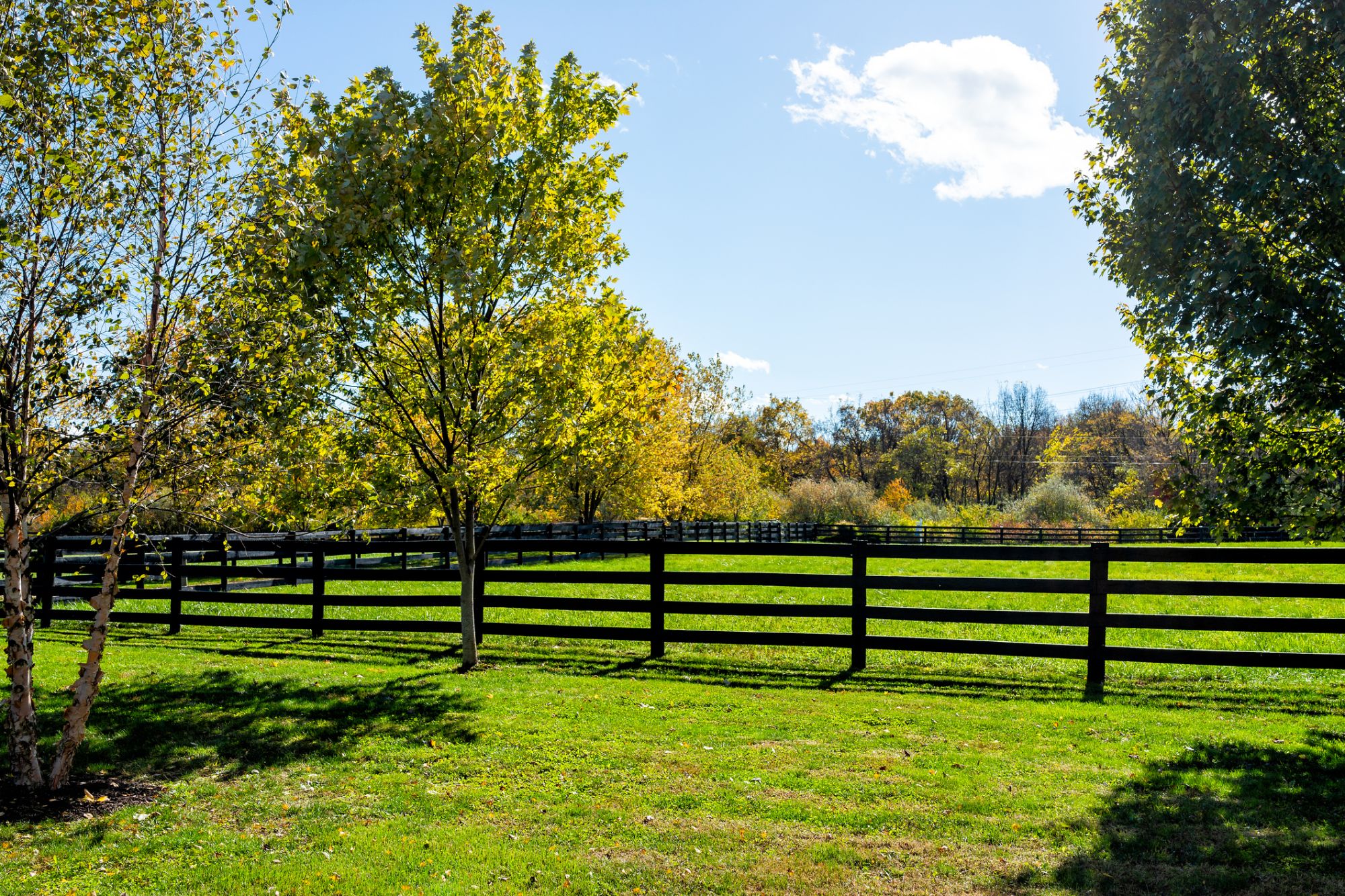
Buying equestrian property where you can keep horses is different from buying traditional real estate. Different riding disciplines require different environments and accommodation. There are many factors that determine if equestrian real estate is right for you or not. The following are some important considerations to keep in mind when buying equestrian property for you and your horses.
- The Location
Location will always be key to any kind of property. For an equestrian property, think about the proximity to training grounds, riding schools, vets, supply stores, and basic conveniences and amenities such as schools and shops.
- The Community
Not every property zoned for horses is necessarily horse-friendly. You should make sure that any neighboring properties are just as horse-friendly as yours. Some areas will have more equestrian amenities, shows, and events, than others. Think about not just where you will live, but the wider community as a whole.
- Riding Opportunities
Not every location has the community bridleways necessary to let you ride your horses. If you don’t have the room on your property for riding, make sure that there is ample room in the community. There should be an arena or pen you can access.
- Accessibility
The property should be accessible enough for vets, horse trainers, emergency vehicles, and deliveries. There should be plenty of barn access including wide driveways. You may want to consider having an additional access road to the property to make things easier.
- Acreage
The golden rule of room for horses is that you need at least 1.5 acres for the first horse with an extra acre of room for each horse after that. Most area zoning has rules about how many horses you can have based on how much room you have. You should look for between 2 and 5 acres of land.
- Water Supply
Horses drink between 5 and 10 gallons of water per day. They need to have access to enough water. Some horse properties will have irrigation systems or wells that horses can drink from. If you have a well on your property then it needs to run at least 10gpm.
- Natural Water
Be sure to check any natural water sources in the area, such as creeks, rivers, lakes, and ponds. These natural bodies of water are often protected by water rights. There could also be fencing regulations and other requirements to preserve the local environment. These regulations should be known and considered.
- Barns and Stables
Does the property have a barn or stable? If it does, does it have enough storage space for equipment and hay? Do you need to build your own barn or stable? If so, then you’ll have to go through the planning process and deal with community regulations related to building barns and stables.
Final Thoughts
Equestrian property is important for anyone looking to own and keeps horses. Consider the size and location of the property, available room for horses, and the wider community when choosing the right equestrian property for you. Contact Sarah and the team for more information on equestrian properties. We can help you find your ideal home that suits your requirements.
